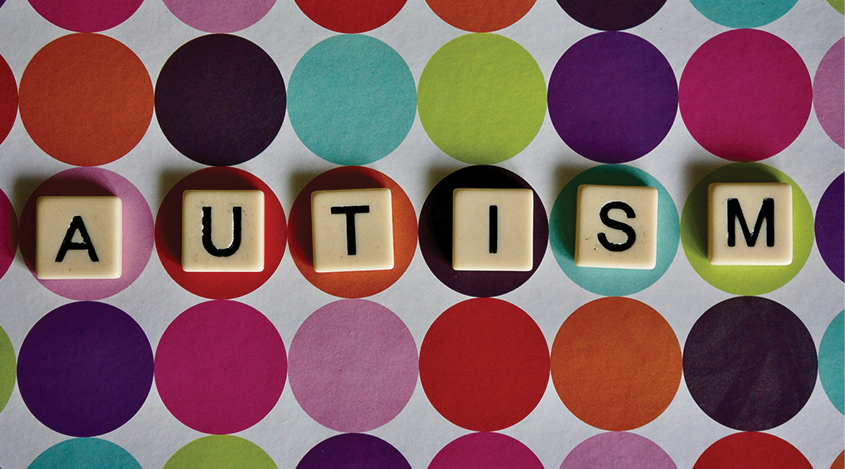The Department of Health calls on families and communities to support people with autism spectrum disorder (ASD) otherwise known as autism in order to thrive and reach their full potential, and not to discriminate against them.
Autistic individuals as well as their parents and caregivers often face many challenges, but these do not have to define them because they have the same health needs and rights as the general population. They may in addition, have specific health-care needs related to autism or other co-occurring conditions requiring attention, support, and care.

All people, including those with autism, have the right to the enjoyment of the highest attainable standard of physical and mental health. However, autistic people are often subjected to stigma and discrimination, including unjust deprivation of care, education, and opportunities to engage and participate in their communities. In April, South Africa and the global community, aim to increase awareness about autism, as well as how we can support autistic people in society.
The awareness day is used as a platform to empower the public, health and welfare services providers with information and also dispel misconceptions and promote a deeper understanding of autism to help reduce stigma and discrimination through fostering a more inclusive environment for autistic persons and their families.
Developmental milestones screening is one of the key interventions to early detect disorders like ASDs especially between the ages of 18 to 24 months. In South Africa, the Road to Health Booklet or Clinic Card that is issued to all children at birth helps parents to monitor health and development of each child until the age of 5 years.
This also assists in early identification and intervention when a child’s development is not in line with the expected developmental milestones. Early diagnosis and intervention of autism can significantly impact the child’s development and help families understand their child’s strengths and challenges and create a personalised treatment and support plan.
Parents are encouraged to familiarise themselves with the educational information contained in the Clinic Card. Although, there is no cure for autism spectrum disorders, some medications are used to help people with ASD function better by treating co-occurring symptoms such as:
- high energy levels
- inability to focus
- self-harming behaviour including head banging or hand biting.
Treatment can also help manage co-occurring mental health problems, such as anxiety or depression, and physical conditions such as seizures.
Symptoms of autism
Symptoms and causes of autism may differ from child to child, but some common symptoms include:
- difficulty with social interactions
- delayed speech and language skills, repetitive behaviours.
Autism is primarily caused by nature (a genetic disorder), but the severity of autism can be influenced by nurture (environmental factors).

 Facebook
Facebook Twitter
Twitter WhatsApp
WhatsApp